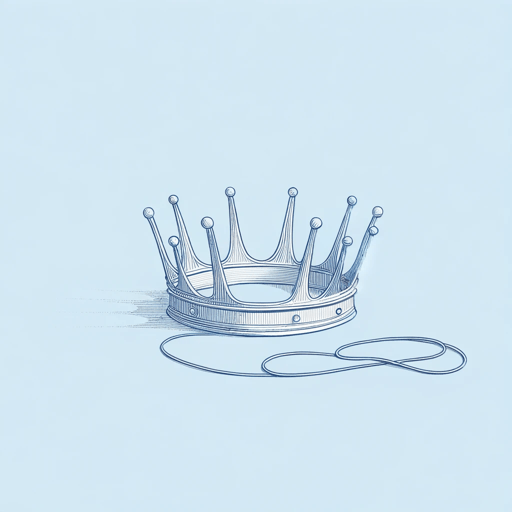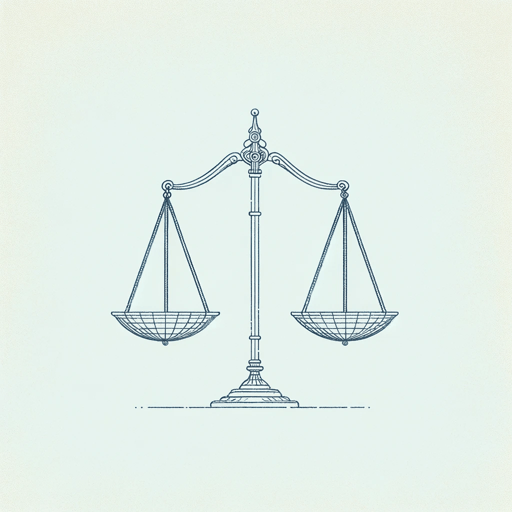55 pages • 1 hour read
William ShakespeareJulius Caesar
Fiction | Play | Adult | Published in 1599A modern alternative to SparkNotes and CliffsNotes, SuperSummary offers high-quality Study Guides with detailed chapter summaries and analysis of major themes, characters, and more. For select classroom titles, we also provide Teaching Guides with discussion and quiz questions to prompt student engagement.
Themes
How Hubris Can Lead to One’s Downfall
Caesar’s tragic flaw is his hubris or excessive arrogance. Hubris is a common character trait of tragic figures in drama, from Sophocles to Shakespeare. Throughout the play, Caesar is warned by many individuals and omens to “Beware the ides of March” (1.2.19). He is given warnings both divine—the storm, ghosts walking the streets of Rome—and human—Calpurnia’s dream, Artemidorus’s warning—and he ignores them all.
Caesar is a larger-than-life figure who recognizes his own status in his society. He has accomplished much, but he is not invulnerable. When confronted with the danger of his situation, he scoffs and says, “Danger knows full well/ That Caesar is more dangerous than he./ We are two lions littered in one day,/ And I the elder and more terrible” (2.2.44-48). Caesar speaks of himself in the superlative; he is more dangerous than danger. When confronted about his inflexibility toward pardoning Cimber’s brother, he compares himself to the North Star, fixed in its position in the heavens and immovable. He refuses mercy because it is a quality of his public image that he remains constant in his decisions. Aloof to the danger around him, this reaction to Cimber’s entreaty is the catalyst to his assassination.
Related Titles
By William Shakespeare

All's Well That Ends Well
William Shakespeare

A Midsummer Night's Dream
William Shakespeare

Antony and Cleopatra
William Shakespeare

As You Like It
William Shakespeare

Coriolanus
William Shakespeare

Cymbeline
William Shakespeare

Hamlet
William Shakespeare

Henry IV, Part 1
William Shakespeare

Henry IV, Part 2
William Shakespeare

Henry V
William Shakespeare

Henry VIII
William Shakespeare

Henry VI, Part 1
William Shakespeare

Henry VI, Part 3
William Shakespeare

King John
William Shakespeare

King Lear
William Shakespeare

Love's Labour's Lost
William Shakespeare

Macbeth
William Shakespeare

Measure For Measure
William Shakespeare

Much Ado About Nothing
William Shakespeare

Othello
William Shakespeare

